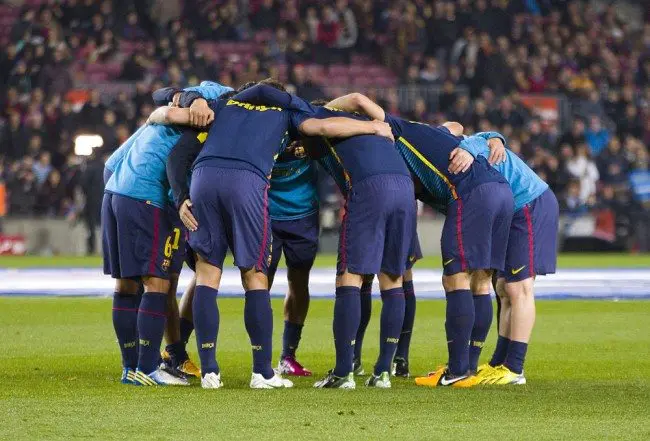With football being the biggest and most-watched sport in the world, it probably does not come as a surprise to hear that the Premier League is one of the biggest competitions.
Billions of people continue to watch the action that each of the 20 teams involved continues to produce each week of the season, with many cheering on their favorite teams and players, thus helping to enhance its reputation as one of the ‘big five’ leagues.
There are teams that have a global reputation that competes in the division, with the likes of Manchester United, Manchester City, Liverpool, Chelsea, Arsenal, and Tottenham Hotspur consisting of the so-called ‘big six’, although this might be changing with recent performances.
Nonetheless, while there is so much appeal with the league, is the Premier League actually a profitable business?
Revenues continue to increase for the EPL
One way of working out whether something is profitable is to look at the financial accounts. Basic economics and business will tell you whether an organization is profitable through its bottom line. If they are able to generate more than they are spending, then they are in the black. If they are not, then they are in the red.
The Premier League’s accounts showed that its revenue continued to increase, with clubs able to see a 12% increase in what was recorded previously. These figures accounted for the 2021/22 season per Deloitte. The 12% increase saw revenues increase by £586 million, thus setting a new all-time high of £5.5 billion.
Revenue is expected to increase again as fans have been able to return to matchdays, while clubs have also increased their costs but have not seen a decline in the amount of purchases being made for tickets and merchandise.
Other revenue that has been generated has included sponsorship money, with the market said to be worth $1.5 billion. Betting brands have been among the most prevalent in the UK most recently, with them accounting for more than 34% of all team shirt deals in the 2023/24 season.
There is some suggestion that clubs have looked to try and cash in ahead of the ban that is set to come in at the beginning of the 2026/27 season on front-of-shirt sponsorship. However, with betting part of the matchday experience for so many, and with top online betting agencies, such as Sport Unibet, offering hundreds of selections for Premier League matches, it is a revenue stream that the Premier League is likely to continue to benefit from in the future.
Broadcaster deals are also a huge revenue draw for the league and the clubs involved, with channels paying more and more to ensure they are able to have the exclusive rights to show certain games or be able to provide highlights to their viewers of the world’s best league.
Is the Premier League still making losses?
While it all sounds very rosy for the Premier League in terms of the money being generated, it is also worth pointing out that the profitability of the clubs involved are not quite as attractive as it may have first seemed.
Operating profits across the league (which excluded transfers) were down – albeit marginally – in 2021/22, while the league has also continued to report losses for consecutive years. According to the Deloitte report that is published, clubs reported consecutive losses for the fourth year in a row, with aggregated pre-tax losses amounting to £607 million in 2021/22. This was £100 million lower than the year before, though.
Net debt has also decreased by 34% as it went from £4.1 billion to £2.7 billion, with the arrival of new owners at Chelsea and Newcastle United driving the reduction.
Will the Premier League ever be profitable?
While there are huge amounts of money involved in the beautiful game and more people want a slice of it, it is hard to say whether the Premier League will eventually become a profitable business.
It can certainly do so since the clubs carry on buying new players so that their commodity becomes better and more attractive globally. Moreover, this process may come to an end alongside the advent of the Saudi Pro League which aims at grabbing the best talents, too.
Clubs are clearly willing to spend big as they smashed the £1-billion point (£1.5bn) in the summer transfer window, but with the ban on gambling sponsors on the front of shirts likely to have an impact on sponsorship revenues, it will be interesting to see what happens.


